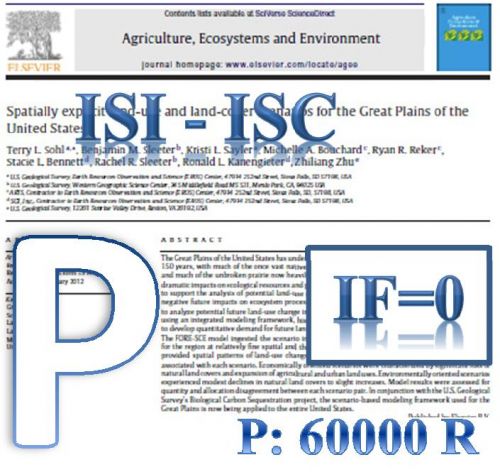One of the most common causes of calling in calves and economic losses is septic arthritis and joint diseases. Septic arthritis may occur in several routes: direct trauma, extension from particular infection, contamination of the joint or hematogenously. The aim of this study was to determine bacterial causes of septic arthritis and the most effective antibiotic against the isolated organisms. In this study, 40 crossbreed arthritic calves, in both sexes, up to 3 month-old were examined. After general and clinical examination, blood samples were aseptically collected from jugular vein and examined for routine bacterial culture. Synovial fluid samples were also aspirated aseptically from arthritic limb joints and submitted for routine bacterial culture, and polymerase chain reaction (PCR) assay for Mycoplasma bovis (M. bovis) detection. Antibiotic sensitivity test was performed in cases with positive bacterial culture. Our results showed, WBC, neutrophils counts and fibrinogen in blood samples were increased significantly (P<0.05). Staphylococcus aureus (S. aureus), Escherichia coli (E.coli) and Corynebacterium bovis (C. bovis) were isolated from 4 (10%), 6 (15%) and 8 (20%) of blood samples of cases with arthritis, respectively. In synovial fluid analysis, viscosity was decreased in all cases. Total protein, WBC and neutrophils counts were increased and monocytes counts was decreased significantly (P<0.05). In 55% of population, synovial fluid culture was positive. It was included E.coli, C. bovis and S. aureus, 2 (5%), 8 (20%) and 12 (30%) respectively. M. bovis was detected by PCR from 8 (20%) of synovial fluid of affected animals. In in-vitro antibiotic sensitivity test, gentamycin was the most effective antibiotic against isolated organism during this study.
کلید واژگان :antibiotic, arthritis, bacterial, calves, polymerase chain reaction
ارزش ریالی : 600000 ریال
با پرداخت الکترونیک
جزئیات مقاله
- کد شناسه : 2143513411814054
- سال انتشار : 2015
- نوع مقاله : پذیرفته شده در مجلات Scopus ,ISI, با IF=0
- زبان : انگلیسی
- محل پذیرش : ARPN Journal of Agricultural and Biological Science
- برگزار کنندگان :
- ISSN : 1990-6145
- تاریخ ثبت : 1394/04/03 12:51:58
- ثبت کننده : فهام خامسی پور
- تعداد بازدید : 321
- تعداد فروش : 0
